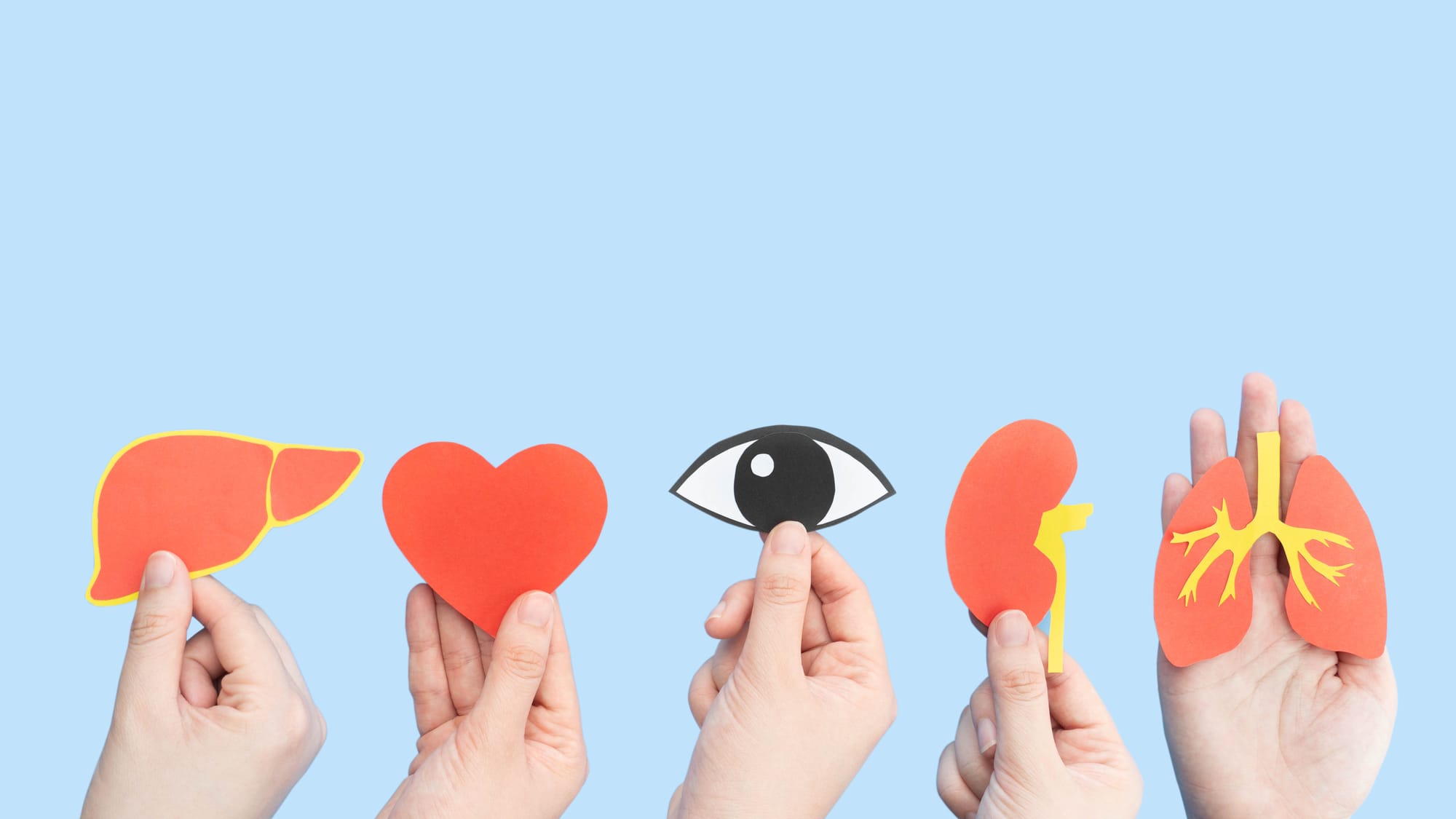"Every coin has two sides," as the old adage goes, and nowhere is this more relevant than in the groundbreaking field of gene therapy. Gene therapy stands out as a pioneering approach in medicine, offering new hope for treating a wide range of genetic conditions. However, like any medical advancement, it comes with its share of challenges and debates. This article dives into the key advantages and obstacles of gene therapy, providing a straightforward look at its promising benefits and the concerns it raises.
What Are The Benefits of Gene Therapy?
Addressing Genetic Conditions Right Where They Start
Gene therapy represents a significant advancement. It offers the advantages of gene therapy by treating inherited diseases such as cystic fibrosis, hemophilia, and sickle cell disease directly at their genetic source. This approach has the potential not only to manage the disease but to cure it completely, attacking the problem right at its source and possibly even getting rid of these diseases for good.
Expanding Options for Cancer and Infectious Disease Treatment
Among the pros of gene therapy is its potential to revolutionize treatment for not just inherited diseases but also cancer and infectious diseases like HIV. Treatments like CAR T-cell therapy bring new hope for those with blood cancers — which marks a significant advancement in the fight against cancer.
A Nod of Approval from Health Authorities

The U.S. Food and Drug Administration (FDA) has officially approved gene therapies for certain diseases, including one that can cause blindness. These approvals highlight the benefits of gene therapy, as they demonstrate expert belief in the safety and effectiveness of these treatments, marking them as viable options for patients.
Long-term Relief from a Single Treatment
One of the most “exciting” things about gene therapy is that you might only need one treatment for long-lasting, maybe even permanent, results. This could mean a lifetime of relief from chronic conditions with just one session, making it an incredibly attractive option.
Hoping for a Future Without Genetic Diseases
Gene therapy could also mean that the genetic changes it brings can be passed down, potentially freeing future generations from hereditary diseases. This could significantly alter the future for many families, removing the weight of genetic conditions from their shoulders.
Challenges of Gene Therapy
The Price Tag: Why It's So Expensive
Gene therapy, with some treatments like Zolgensma costing as much as $2.1 million, is incredibly expensive, putting it out of reach for many people. This leads to important questions about who gets access to these groundbreaking treatments.
Still Figuring Things Out: The Uncertainty
Since gene therapy is fairly new, many treatments are in the experimental phase. This means we're not always sure how well they'll work or if there might be unexpected side effects, making it a bit of a gamble.
Aiming for Accuracy: The Possibility of Mistakes
Gene therapy tries to be as precise as possible but is not flawless. Sometimes, it might affect parts of the body it wasn't supposed to, which could cause problems we didn't anticipate. This underscores the need for careful study and strict rules.
Moral Dilemmas: How Much Should We Interfere?
The ability to alter genes presents moral dilemmas, one of the cons of gene therapy, sparking debate over the extent of our interference with natural genetic processes. The idea of "designer babies" and the potential for a genetic elite raises serious concerns about the future direction of our society.
How It's Done: Safety of the Process
Gene therapy often uses viruses to carry new genes into cells. While these viruses are made to be harmless, there's a slim chance they could lead to infections or cause the body to react badly. Ensuring the safety of these methods underlines ‘What are the benefits and risks of gene therapy?’ stressing the importance of rigorous safety protocols.
Gene Therapy: Looking Ahead with Care
We’re at an exciting point in healthcare where gene therapy opens up new possibilities. It’s a shining example of how far medical science has come, offering hope in cases where there wasn’t any before. Yet, as we journey through the world of gene therapy, we find it's a path filled with both promising opportunities and significant challenges. It’s important that we tread this path with care, keeping ethical considerations and safety at the forefront of this innovative adventure.







